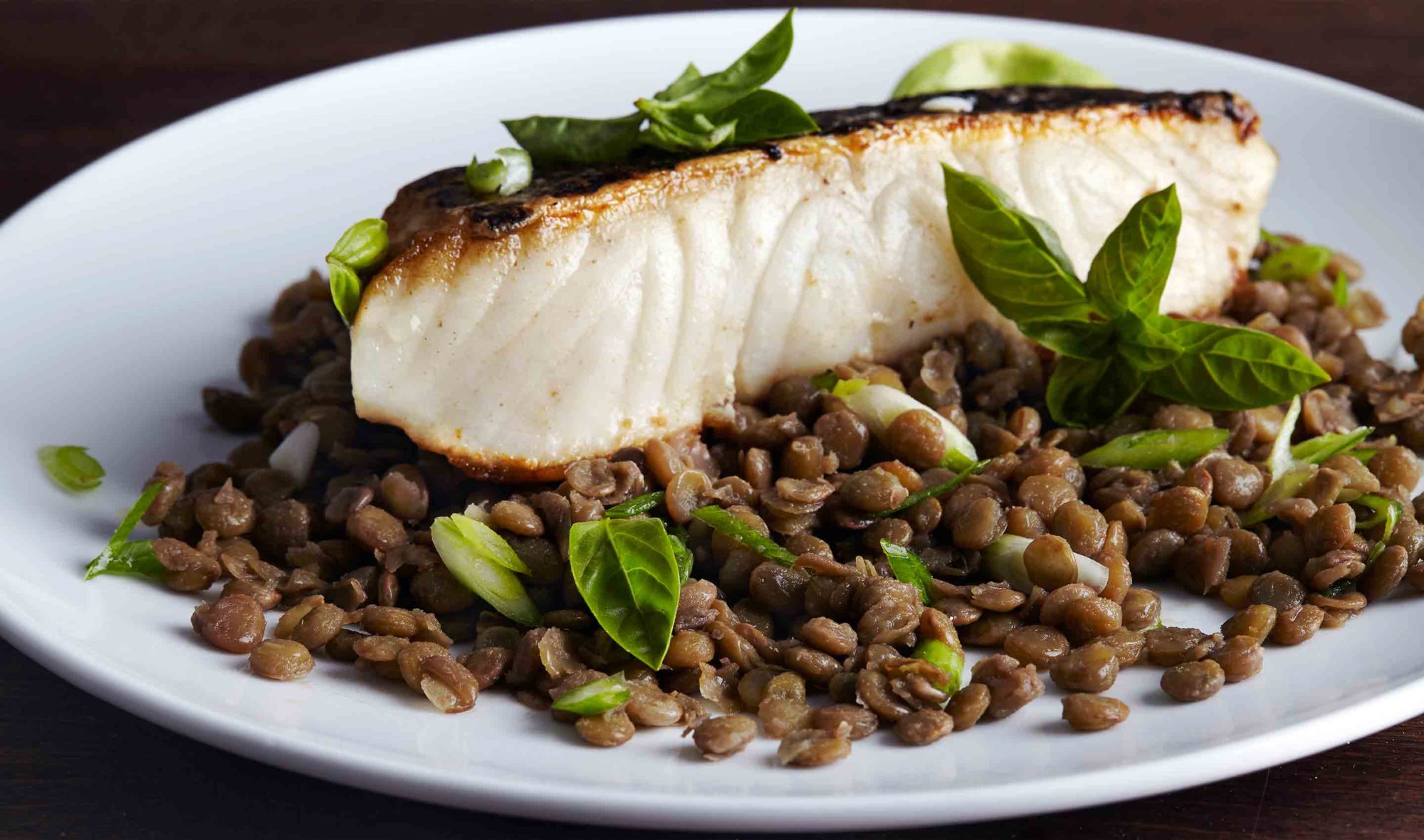
🎁 Holiday Special: SAVE 52% on the Nutrition Coach Starter Package. Limited number remaining.

🎁 Holiday Special: SAVE 52% on the Nutrition Coach Starter Package. Limited # left.

Chloride is an essential mineral for humans. It helps with nerve impulse transmission, cardiac function, and muscle contraction, and aids in the digestion and absorption of many nutrients. Chloride can be found in a wide variety of whole foods, including grains, fruits, vegetables, lean meats, legumes, nuts, and seeds.
Chloride is an essential mineral for humans. On average, an adult human body contains approximately 115 grams of chloride, making up 0.15% of total body weight.
Chloride has many functions in the body including:
Chloride can be found in several foods including:
Common symptoms and resulting conditions of chloride deficiency include:
However, your individual response could be different. If you suspect a health problem or deficiency in certain nutrients, please see your primary health care provider (doctor, naturopath, etc). They can help unravel the complexity of your physiology.
Note: chloride deficiency is rare and only occurs as a result of serious diarrhea, vomiting, or excessive fluid loss.
Common symptoms of chloride excess/toxicity include:
However, your individual response could be different. If you suspect a health problem or an excess of certain nutrients, please see your primary health care provider (doctor, naturopath, etc). They can help unravel the complexity of your physiology.
Note: toxicity is rare and typically only occurs with impaired chloride metabolism or in kidney diseases.
For recipes rich in chloride, check out any of the Encyclopedia of Food entries for food items listed above.
Precision Nutrition’s Encyclopedia of Food expands every single month as we highlight new foods and showcase beautiful food photography. If you’d like to stay up to date, simply click this link. From there, we’ll send you a FREE copy of our recipe book. We’ll also let you know when new and delicious foods are added to the site.
Chloride is an essential mineral for humans. It helps with nerve impulse transmission, cardiac function, and muscle contraction, and aids in the digestion and absorption of many nutrients. Chloride can be found in a wide variety of whole foods, including grains, fruits, vegetables, lean meats, legumes, nuts, and seeds.